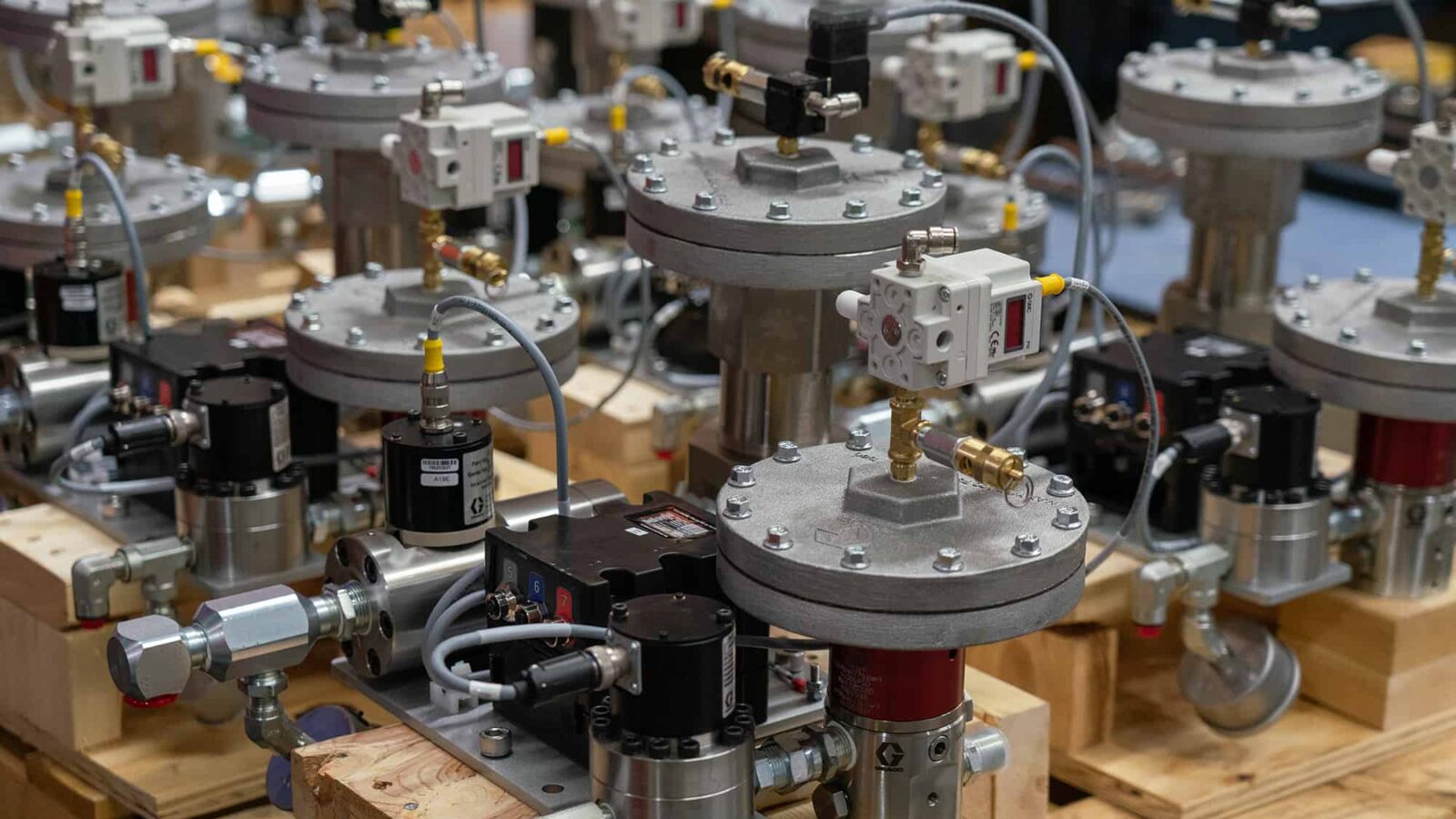
Manufacturing Industry Critical to Economic Prosperity: Deloitte Survey of U.S. Public
WASHINGTON, DC, 05/11/17 –
The vast majority of surveyed Americans believe manufacturing plays a vital role in safeguarding U.S. economic prosperity and maintaining their quality of life, according to the 2017 Manufacturing Perceptions Survey from Deloitte and The Manufacturing Institute. The study found more than three-quarters (76 percent) of Americans surveyed believe the U.S. should invest further in the manufacturing industry.
“Modern manufacturing has captured the imagination of the American public and our elected leaders, said Jay Timmons, president and CEO of the National Association of Manufacturers. “This important research indicates public opinion of the future of the industry has taken a measurable, positive jump as people acknowledge the strong connection between this industry, the U.S. economy and the American way of life. As we have done with our Creators Wanted video series, manufacturers are taking it upon themselves to tell the story of our industry and the lives we touch; it’s encouraging to see that our story is resonating.”
“More people understand modern manufacturing is high-tech,” added Seema Pajula, Deloitte & Touche LLP and vice chairman, Deloitte LLP, U.S. Consumer & Industrial Products industry leader. “They expect jobs to involve innovation and advanced technology in the future, which is progress for the industry in realigning the image of what modern manufacturing looks like to the general public.”
Among the study’s findings:
More than 8 in 10 respondents see manufacturing as vital to America’s livelihood.
- Among those surveyed, 83 percent believe U.S. manufacturing is critical to economic prosperity, and 81 percent feel it is important to maintaining their standard of living.
- Eighty-one percent of Americans also believe trade and export of American manufactured goods benefit the U.S. economy.
More than three-quarters of Americans agree the U.S. should invest more in manufacturing.
- More than three-quarters (76 percent) of respondents believe the U.S. needs a more strategic approach to developing its manufacturing base; the same number (76 percent) believe the U.S. should further invest in the manufacturing industry.
- Seventy-one percent of respondents believe that the U.S. should ensure long-term, stable funding for programs that spur innovation and advanced manufacturing.
Future manufacturing jobs expected to be more high-skill, less manual labor.
- Nearly 9 in 10 (88 percent) respondents expect future manufacturing jobs will require a higher level of technical skill, and 77 percent expect manufacturing jobs will require less manual labor.
- Eighty-one percent of respondents believe that future manufacturing jobs will occur in cleaner and safer environments.
- Nearly two-thirds (64 percent) of respondents believe the U.S. manufacturing industry is already high-tech, up from 43 percent in the 2014 survey.
“Helping Americans’ perceptions of manufacturing catch up with reality is a vital step in addressing the skills gap, as the U.S. manufacturing industry continues to create diverse jobs involving advanced technologies and innovation,” said Michelle Drew Rodriguez, senior manager, Deloitte Services LP and manufacturing leader for Deloitte’s Center for Industry Insights. “The demand for these high-skilled positions is expected to soar over the next decade with 3.5 million manufacturing jobs becoming available between 2015 and 2025 as the industry evolves and baby boomers continue to retire.”
About the Study
The 2017 Manufacturing Perceptions Survey polled a nationally representative sample of 1,030 Americans across all 50 states in December 2016.
-MI-
The Manufacturing Institute is the education and workforce partner of the National Association of Manufacturers. We drive programs and research to promote modern manufacturing and jumpstart new approaches to growing manufacturing talent. For more information, please visit www.themanufacturinginstitute.org.
733 10th St. NW, Suite 700 • Washington, DC 20001 • (202) 637-3000